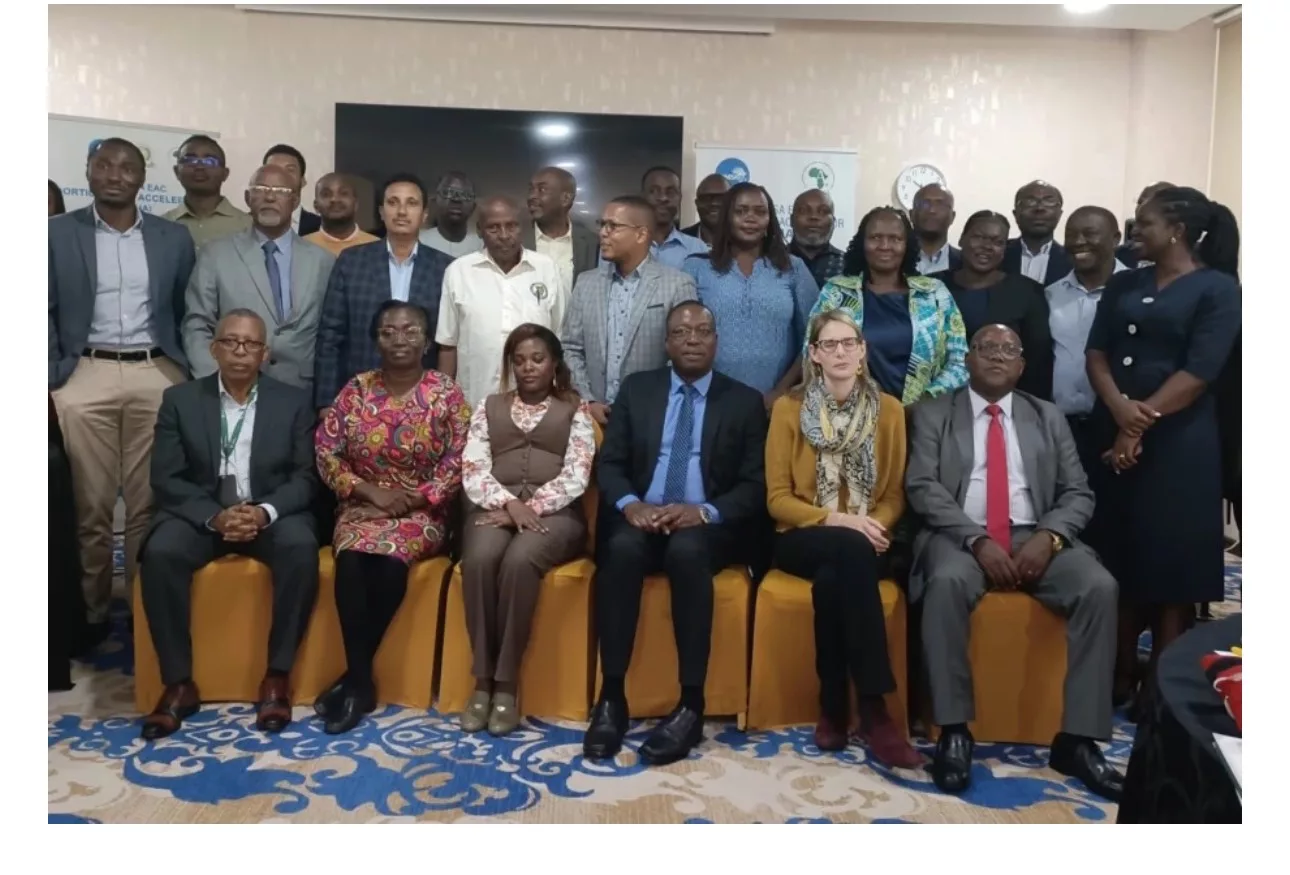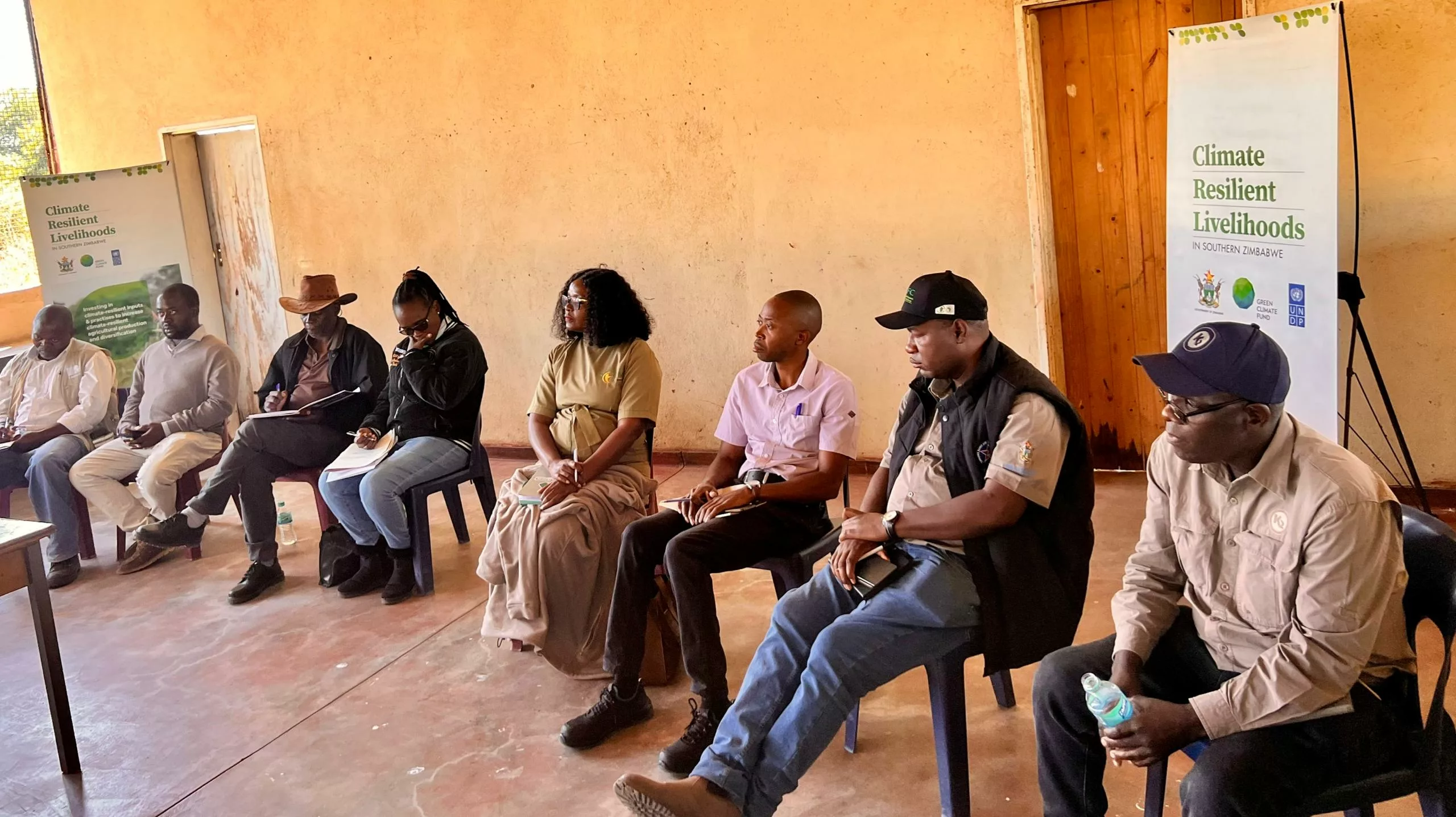|
Getting your Trinity Audio player ready...
|
Writes George Marechera (AGRA – Head of Digital Systems and Solutions for Agriculture)
New technologies and digitalisation are transforming agriculture and offering new opportunities for transformative agriculture development in Sub-Saharan Africa (SSA). Digital agriculture is a new and emerging field that has the potential to help address the productivity, sustainability, resilience, market, and trade challenges facing agriculture and create employment opportunities for youth and young women.
The use of data and digital tools provides an opportunity for solving the existing challenges of food insecurity and poverty in African countries, especially those related to limited input and output markets including trade. The growth of digital agriculture has seen many digital systems and solutions being bankrolled to support market linkages and trade across Africa.
The advent of digital systems and solutions provides an opportunity for Africa to address these bottlenecks. Digital agriculture offers numerous benefits that can transform farming practices and the entire food system. Digital tools like IoT devices, drones, and AI can optimize irrigation, fertilization, and pest control, leading to higher crop yields and more efficient use of resources.
Farmers can collect and analyze vast amounts of data to make informed decisions about planting, harvesting, and managing crops. This can lead to better crop management and higher profitability. Digital agriculture can help reduce the environmental impact of farming by optimizing the use of water, fertilizers, and pesticides. This leads to more sustainable farming practices and less environmental degradation.
A digitized supply chain can reduce losses, lower transportation and warehousing costs, and ensure that food reaches the market more efficiently. By improving yields and reducing food loss and waste, digital agriculture can contribute to greater food security and help feed a growing global population. Digital tools can also help farmers access markets more effectively and ensure they receive fair prices for their produce by reducing information asymmetries and transaction costs.
Last but not least, digital agriculture can help farmers adapt to changing climate conditions by providing timely information and tools to manage risks and improve resilience. These benefits highlight the transformative potential of digital agriculture in creating a more efficient, sustainable, and equitable food system.
Unfortunately, there is a lack of coordination leading to multiple stakeholders collecting and storing data in different databases (siloed and fragmented approach), resulting in duplication, difficulty in sharing data, mistrust in data sharing, comparability of data, and the inability to identify the impact of interventions.
Many digital applications offer a single service and do not have a sustainable business model. In addition, there is limited access and awareness of the available digital systems, tools, and solutions among farmers, especially youth and young women, yet digital agriculture provides an opportunity for employment creation and transformative agriculture development in SSA. The scenario has led to several digital platforms mushrooming, but again failing to connect farmers especially youth and young women to markets and trade.
We therefore need a proactive and intentional approach to integrate our digital systems and solutions for the potential of digital technology to revolutionize agriculture, especially for smallholder farmers and the potential for employment creation for youth and young women. The coordinated and unified approach allows for interoperability, standardization, and effective data exchange, leading to operational efficiency.






